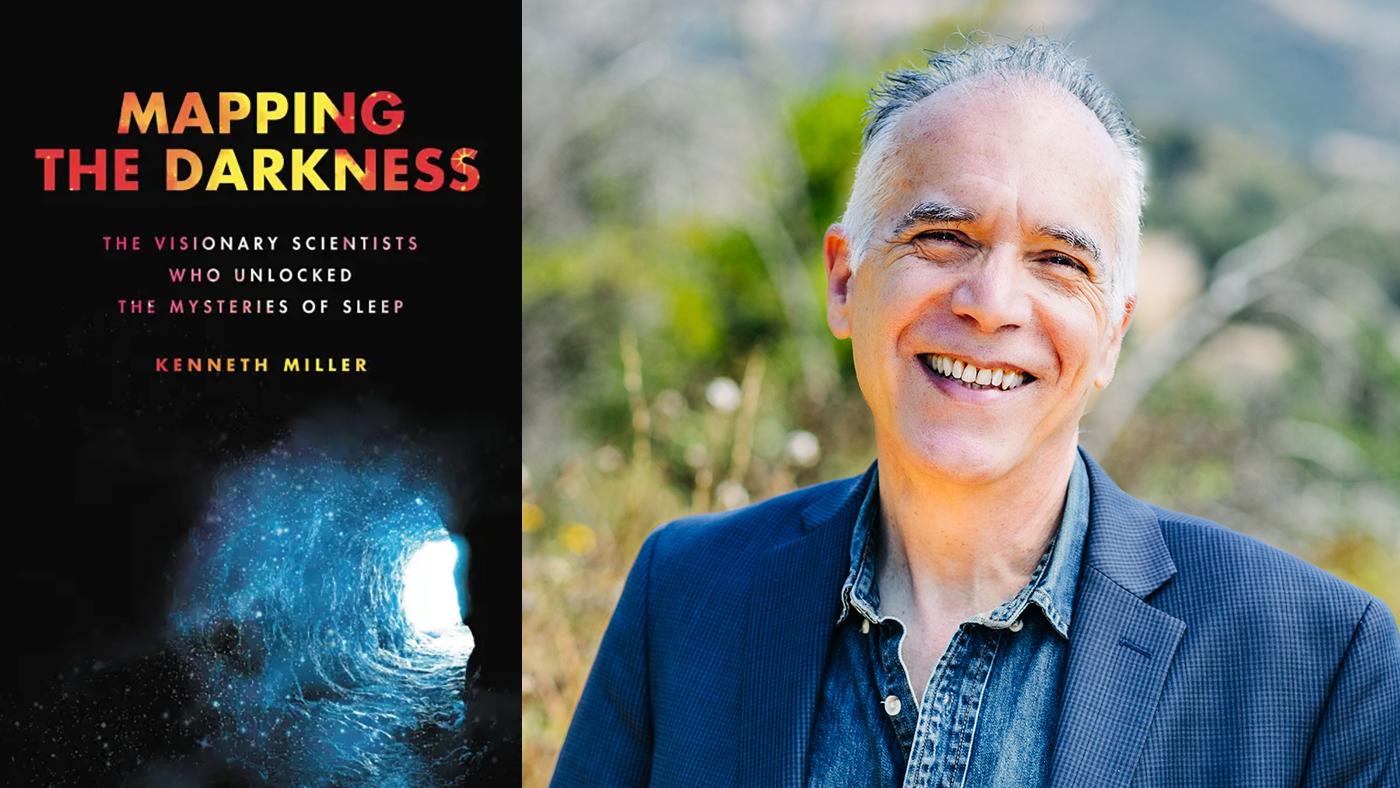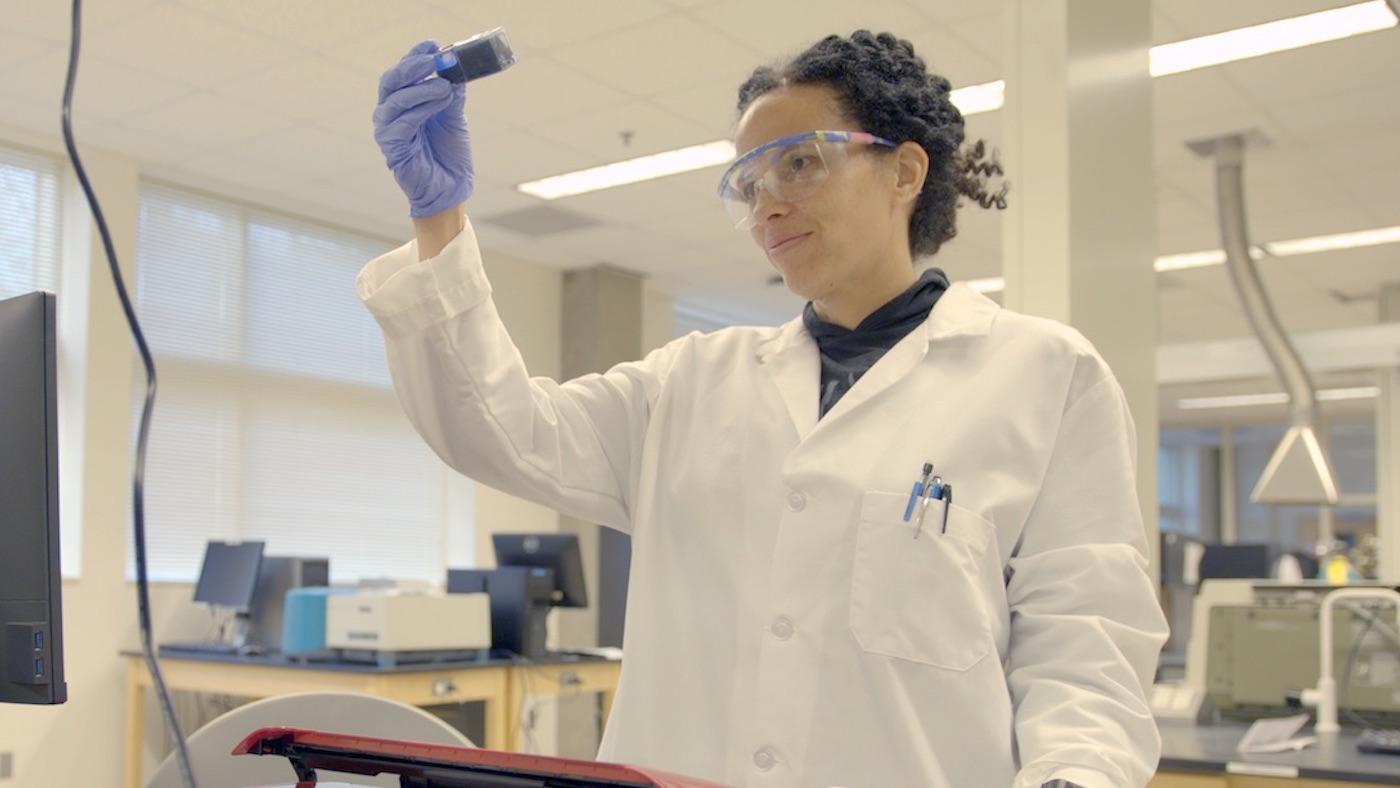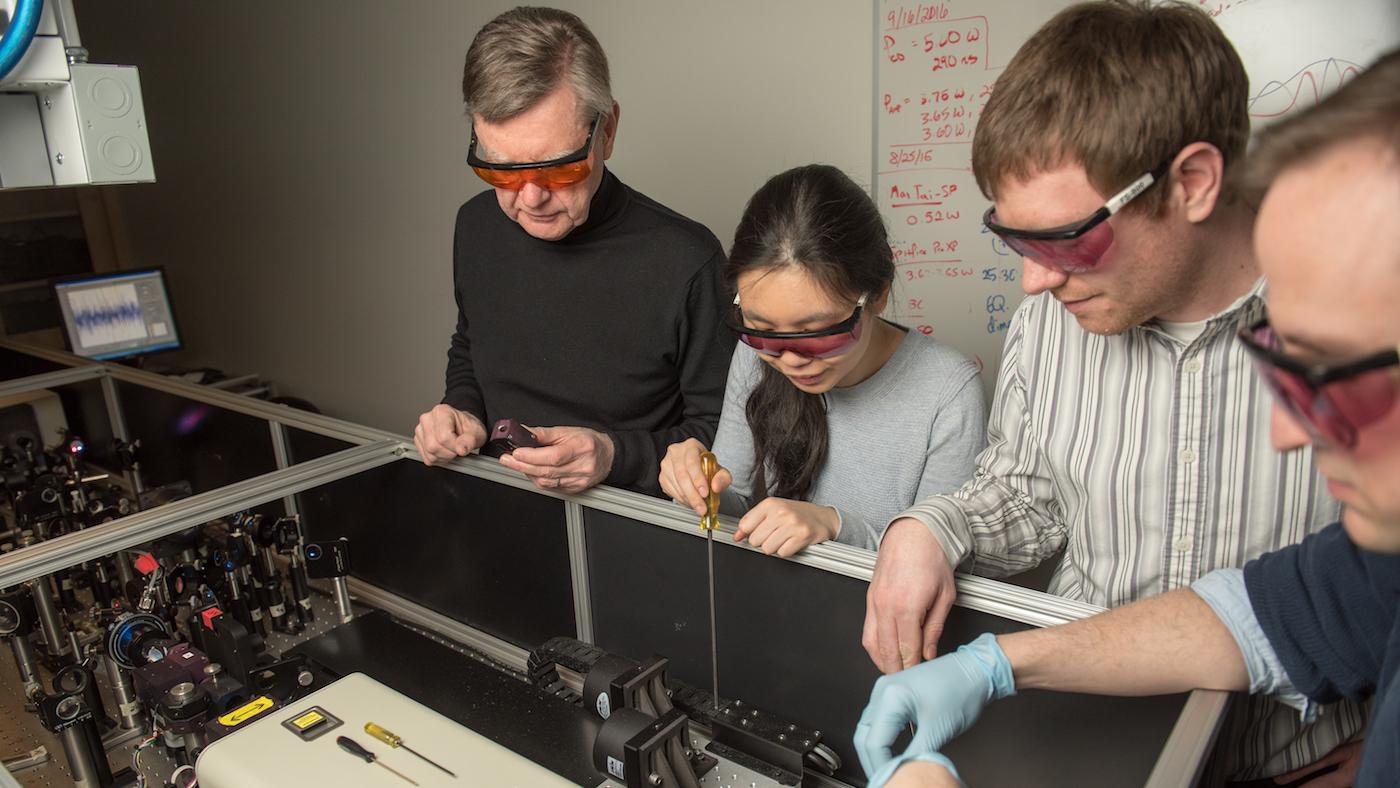Our Summer of Space Celebrates the 50th Anniversary of the Lunar Landing
Daniel Hautzinger
June 3, 2019
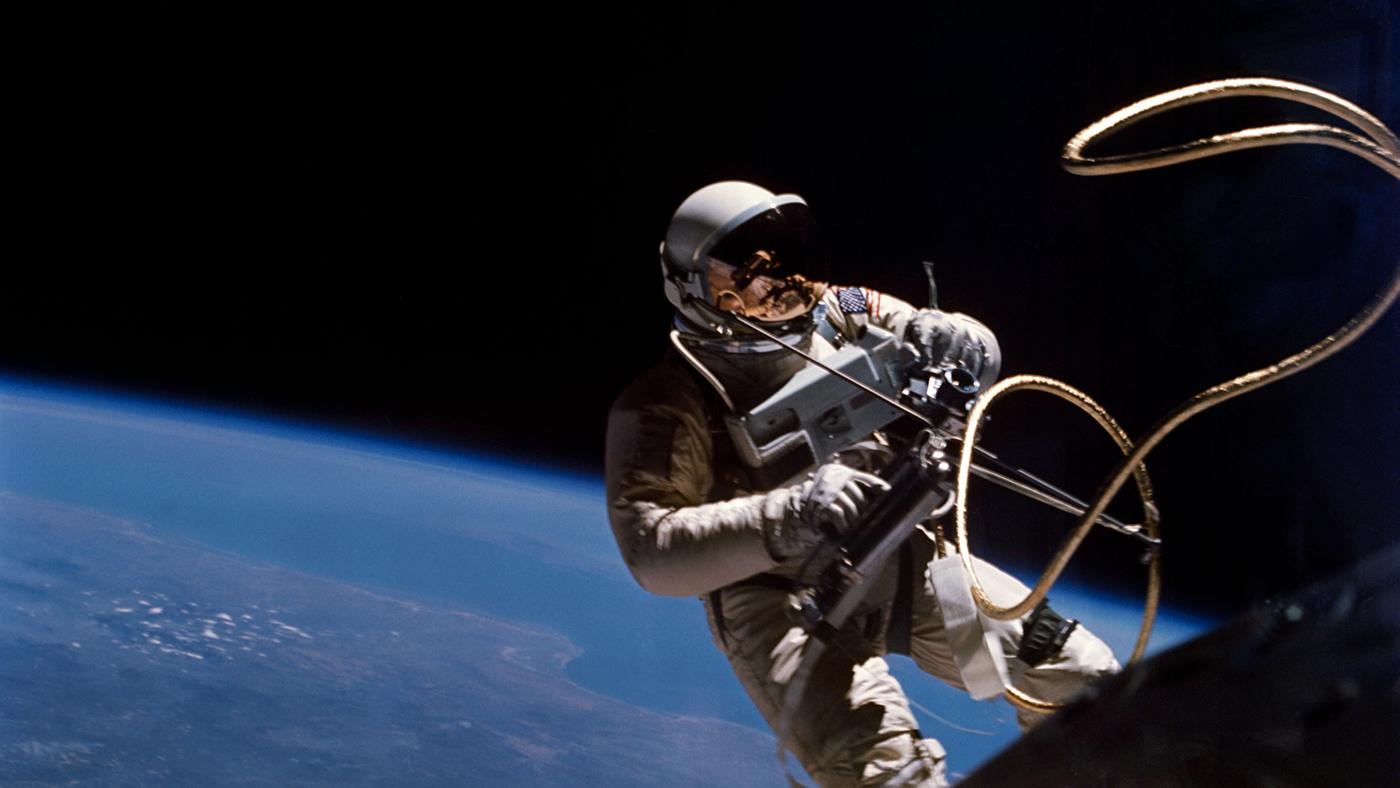
Fifty years ago, on July 20, 1969, humans landed on the moon for the first time. To celebrate that epochal achievement of Apollo 11, Neil Armstrong, Buzz Aldrin, Michael Collins, and NASA, we have a whole lineup of space-themed programming this summer, including everything from NOVA explorations to historical overviews of the incredible era of space exploration. Get a preview of our new Summer of Space programming here!
Antiques Roadshow: Out of This World
Monday, July 8 at 8:00 pm
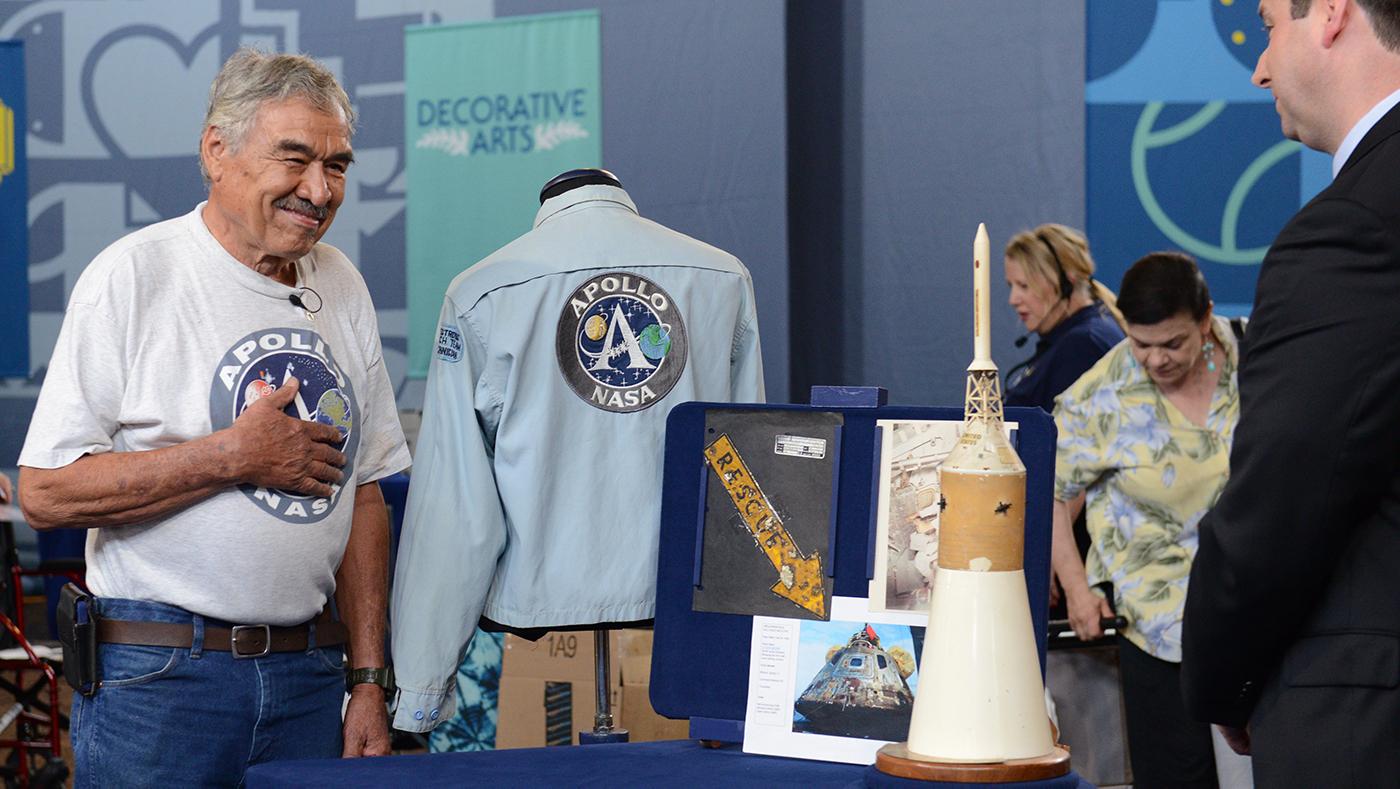 Matthew Quinn appraises a NASA Apollo Archive, ca. 1965. Photo: Meredith Nierman for WGBH
Matthew Quinn appraises a NASA Apollo Archive, ca. 1965. Photo: Meredith Nierman for WGBH
The stellar slate of space programming begins with a special episode of Antiques Roadshow featuring appraisals of items ranging from NASA memorabilia to science fiction and space exploration mementos.
American Experience: Chasing the Moon
Monday through Wednesday, July 8-10 at 9:00 pm
This three-part, six-hour film by the Oscar-nominated Robert Stone is the centerpiece of our Summer of Space. Using only archival footage and the voices of the people who were an integral part of space exploration, Chasing the Moon also tells the stories of some lesser-known but equally important characters: Poppy Northcutt, a 25-year-old genius who was the first woman to be part of NASA’s Mission Control; Ed Dwight, America’s first black astronaut; and many others. From the early years of the space race between the Soviet Union and the United States to the accomplishment of the lunar landing through the end of the heady 1960s, it’s not to be missed.
Ready Jet Go!: One Small Step
Premieres Monday, June 17 at 3:30 pm
Adults aren’t the only ones who can learn about space this summer: this one-hour special of the PBS Kids show Ready Jet Go! follows Jet and his friends as they travel to the moon and learn about the Apollo 11 mission and the lunar landing.
NOVA: Back to the Moon
Wednesday, July 10 at 8:00 pm
Instead of looking at the past, this NOVA special looks toward the future, and the engineers trying to take humans back to the moon, and use it as a launching pad for even more ambitious manned missions, to Mars, the Asteroid Belt, and beyond.
8 Days: To the Moon and Back
Wednesday, July 17 at 9:00 pm
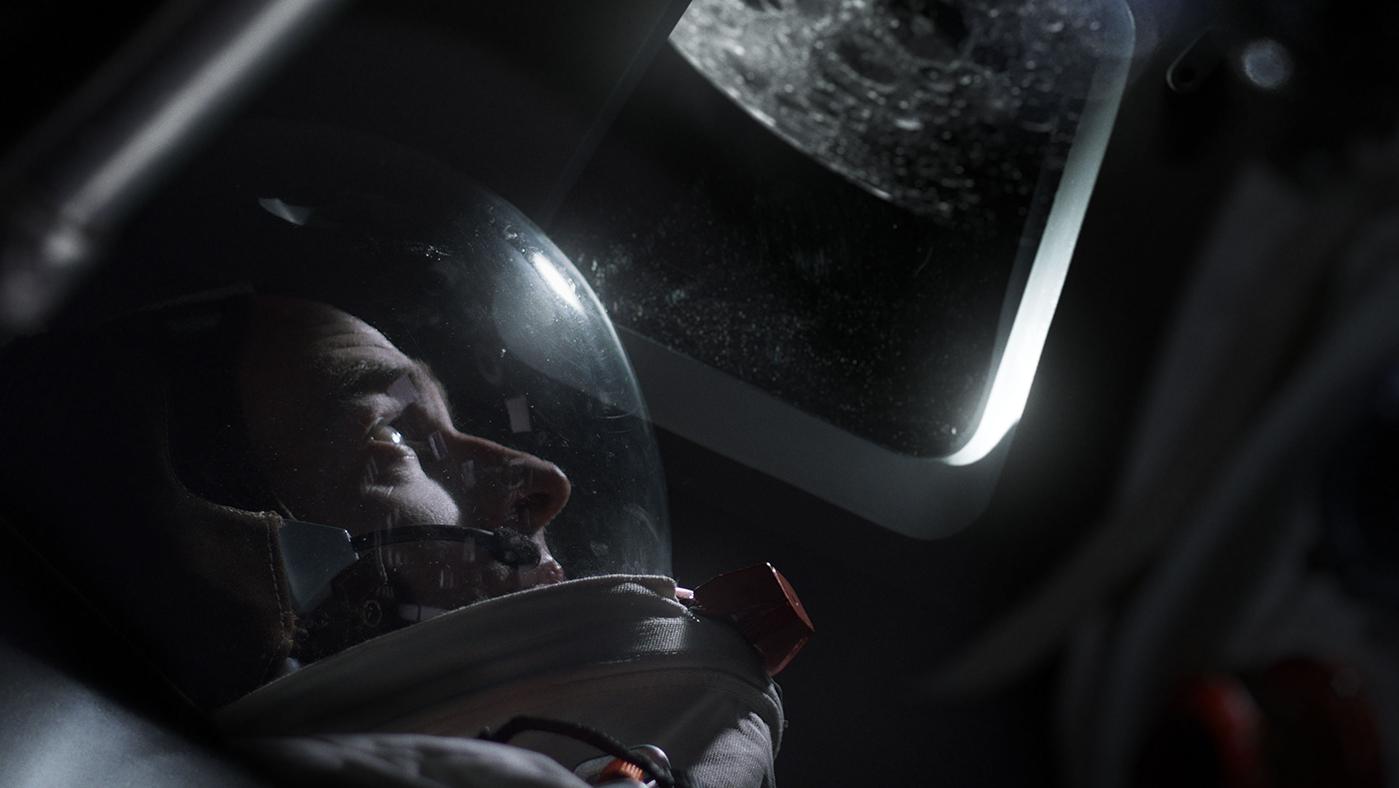 Photo: Courtesy BBC Studios; Photographer - Gary Moyes
Photo: Courtesy BBC Studios; Photographer - Gary Moyes
In case you want to celebrate the 50th anniversary of the lunar landing by reliving it, this documentary takes you inside the Apollo spacecraft with audio from Armstrong, Aldrin, and Collins, as well as NASA and news archives to put you right back in the thrill of those monumental few days 50 years ago.
Ancient Skies
Wednesdays beginning July 24 at 8:00 pm
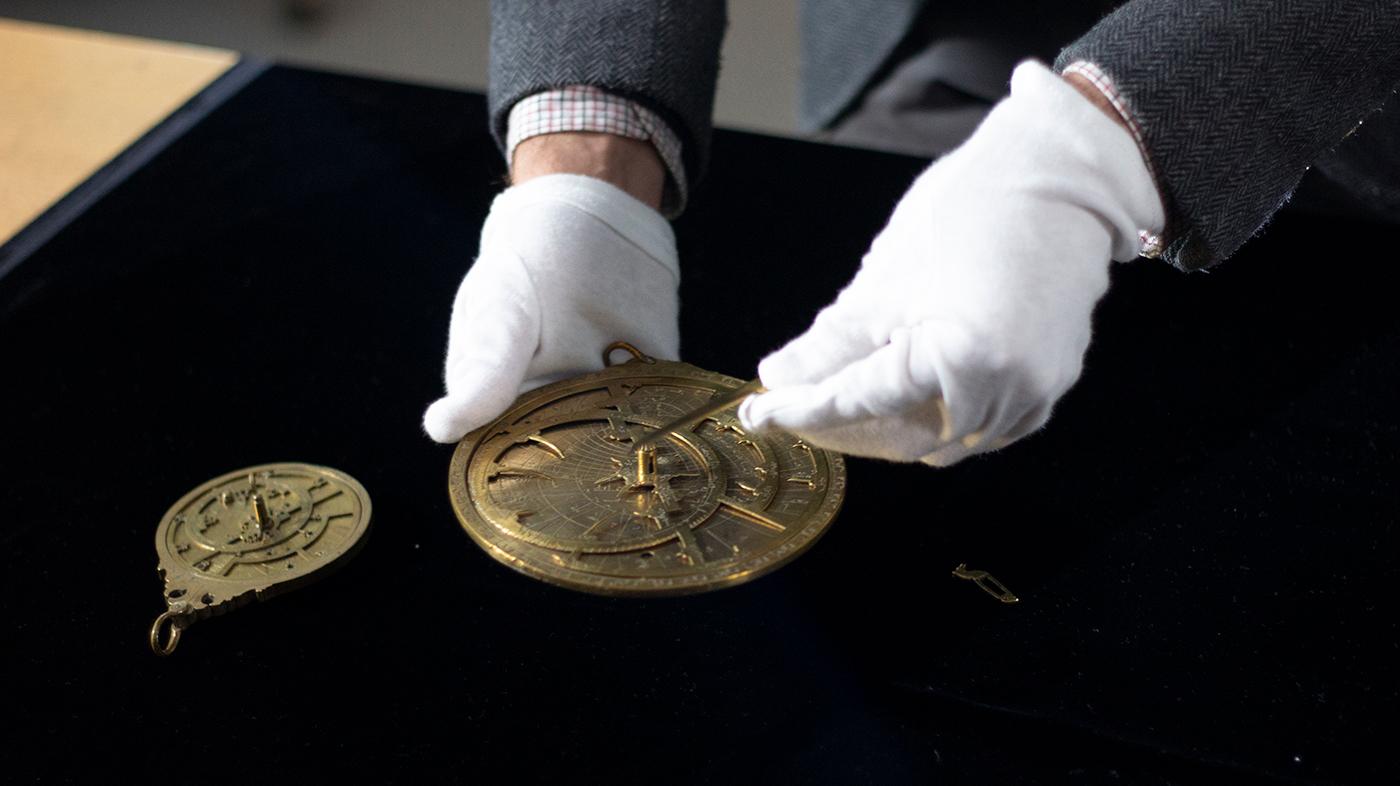 A Persian Planispheric Astrolabe at Harvard University. Photo: Courtesy Raid Production Ltd.
A Persian Planispheric Astrolabe at Harvard University. Photo: Courtesy Raid Production Ltd.
This three-part series looks back on centuries of human fascination with the sky, examining how astronomers, scientists, and myth-tellers explored and tried to explain the sky before visiting space was even a dream.
NOVA: The Planets
Wednesdays beginning July 24 at 9:00 pm
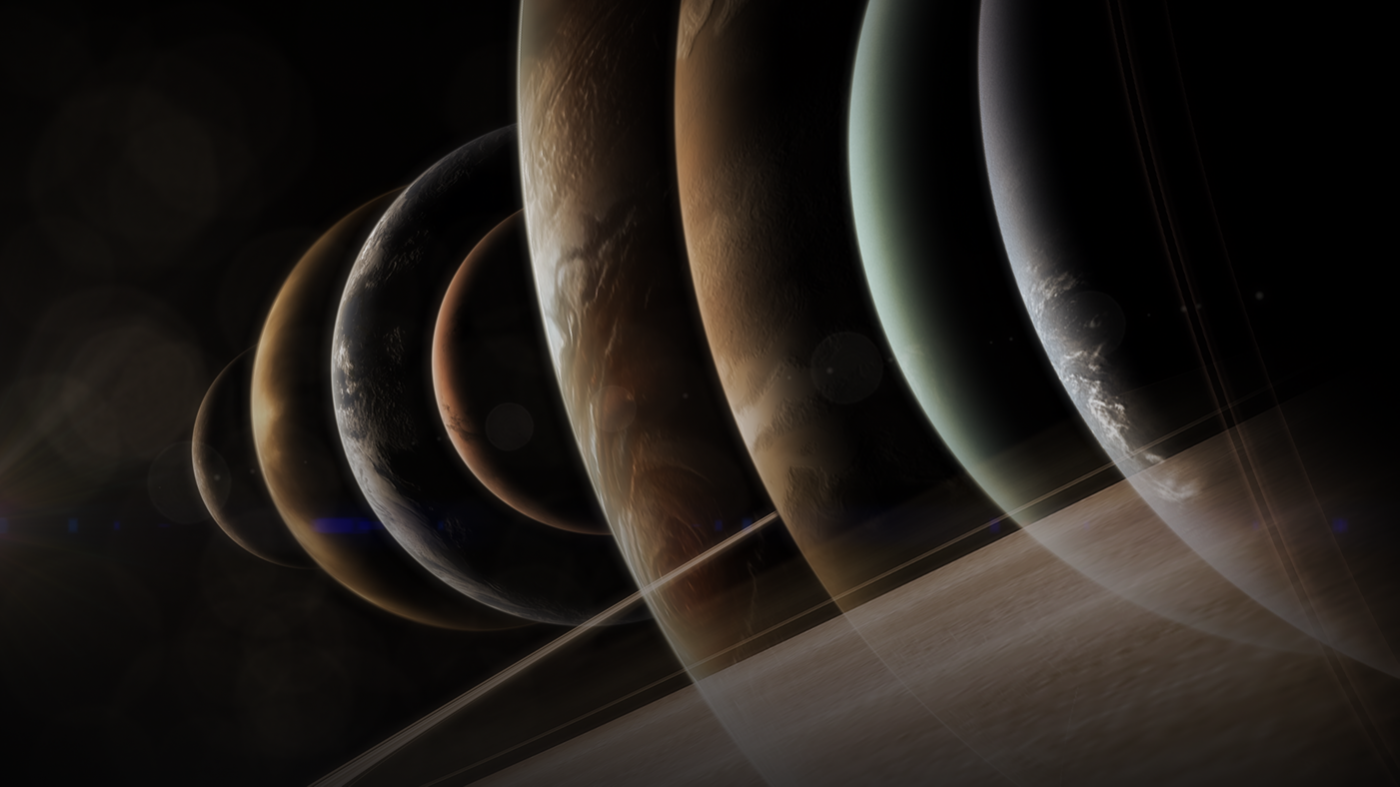 Image: BDH Creative
Image: BDH Creative
Humans have yet to visit any celestial body other than the moon, but that doesn’t mean we don’t know anything about the other planets in our solar system. This five-part NOVA series looks at the incredible, literally out-of-this-world features of the planets beyond Earth, from Mars ancient waterfalls to Neptune’s unimaginably powerful winds to a storm twice the size of Earth on Saturn. Beyond the awesome environments of the planets, discover how each has affected our own.


